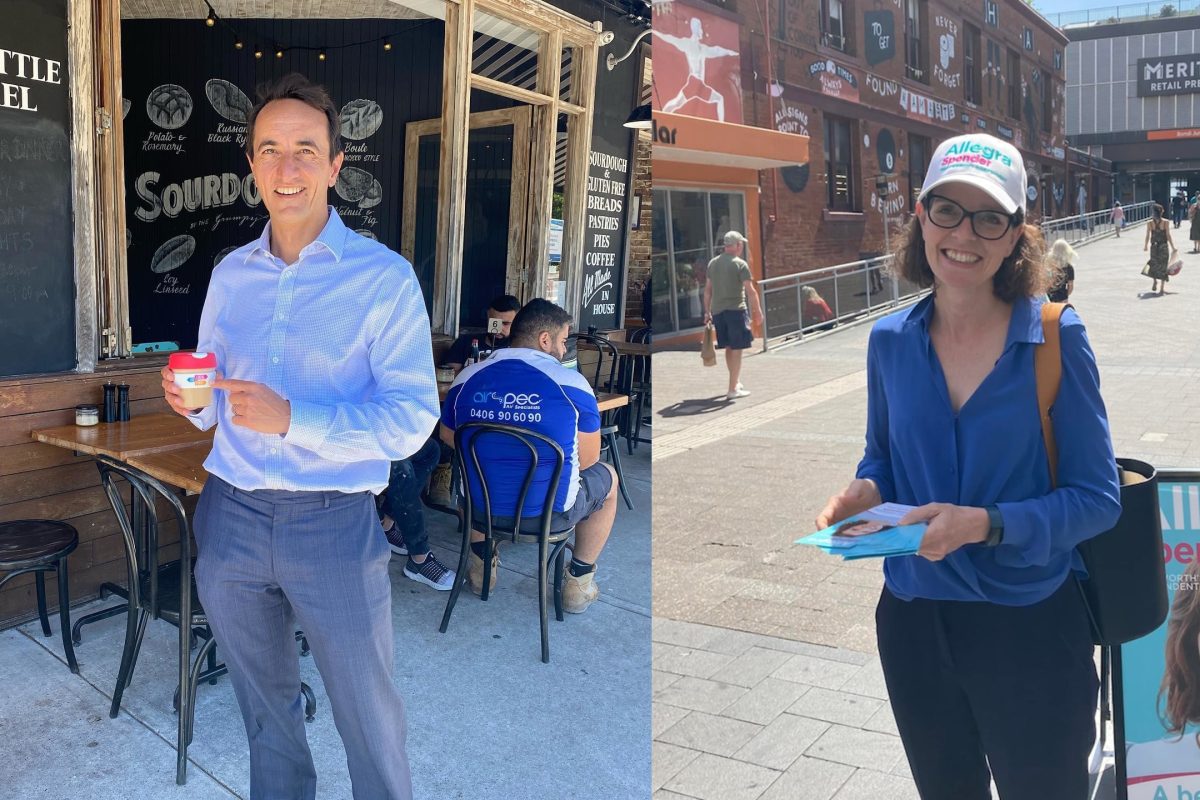
In new research from the University of Canberra, political columnist MICHELLE GRATTAN and research fellow MAX HALUPKA examine the seat of Wentworth, one of the election’s most closely-watched contests.
IN the very marginal Sydney eastern suburbs seat of Wentworth, where the Liberals are being challenged by a high profile “teal” candidate, Scott Morrison is unpopular, Anthony Albanese is preferred PM, and climate change tops issues people say will influence their vote.
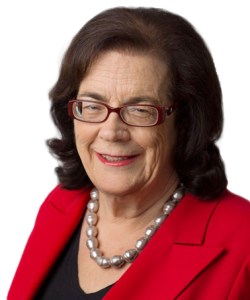
Facing an election within two months, Liberal incumbent Dave Sharma at this point is only a nose ahead – 51-49 per cent– of independent Allegra Spender on a two-candidate vote, according to polling done for the University of Canberra’s Centre for Change Governance and The Conversation’s Wentworth Project.
Notably, Wentworth electors are evenly split on which side Spender, if she won, should support to form government if the May election resulted in a hung parliament.
The Wentworth Project will chart the campaign for this seat in coming weeks. Automated polling of 1036 voters done by KJC Research from Saturday to Monday is reported here. Focus groups will be run during the formal election campaign. The research is not predictive, but will give an insight into one of the election’s closely-watched contests.
Encompassing some of the country’s most exclusive real estate, Wentworth covers many of Sydney’s most affluent suburbs. The second smallest electorate (38 square kilometres), it includes well known areas such as Darling Point, Double Bay, Vaucluse, Paddington, and Bondi Beach.
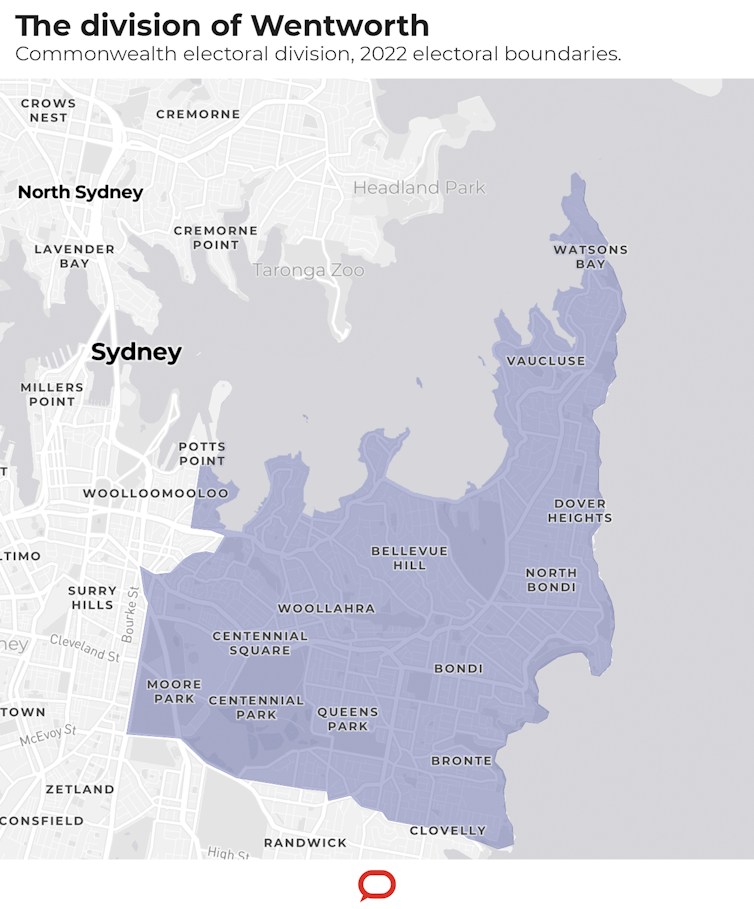 .
.Based on 2016 census data (the latest available), Wentworth has a gender split of 48 per cent male and 52 per cent female, and a medium age of 37 years old. Of its families, 42 per cent are couple families with children, 45 per cent couple families without children, and 11 per cent one parent families – 19 per cent of single parents are male. This is a well-educated electorate: 47 per cent of the population hold a bachelor’s degree level or above, and 9 per cent an advanced diploma or equivalent.
The most common occupations, on the census data, include professionals (41 per cent), managers (21 per cent), clerical and administrative workers (11 per cent,), community and personal service workers (8 per cent), and sales workers (8 per cent).
The most frequent response on religion is “no religion” at 33 per cent and Catholic at 20 per cent. The seat includes a large Jewish community with 12.5 per cent nominating Judaism. The most common ancestries are English (23 per cent), Australian (16 per cent), Irish (10 per cent), Scottish (6 oer cent), and Italian (3 per cent); 32 per cent of people had both parents born in Australia and 43.5 per cent of people had both parents born overseas.
The seat includes a large LGBTQ+ community.
A historically conservative seat that dates back to federation, Wentworth has been political home to four ministers and a prime minister since World War 2. Malcolm Turnbull held it from 2004 and 2018. After Turnbull lost the prime ministership in 2018, a by-election saw independent Kerryn Phelps wrest the seat briefly from the Liberals.
Sharma won it at the 2019 election with 48.5 per cent of the primary vote; Phelps secured 32.4 per cent. While Phelps recorded 51.3 per cent of the two-candidate preferred vote on election day, a strong Liberal performance with pre-poll and postal votes ultimately handed Sharma victory. The 2019 election saw a Liberal majority recorded in only 11 of the 40 polling places.
Phelps’ strong 2019 performance meant the Liberals were extremely relieved when she did not run this election .
Sharma is one of the Liberal moderates; he was among those who crossed the floor during the all-night debate on the religious discrimination bill. Challenged over his “teal”- coloured campaign material (that didn’t mention Liberal) he retorted, “No one owns a colour”.
Allegra Spender is often dubbed as being of Liberal “royalty”: her father and grandfather served in federal parliament. Her mother, the late Carla Zampatti, was an icon of Australia’s fashion industry. Spender, who has an economics degree from Cambridge University, is a businesswoman. She is among a slew of independents, mostly women, challenging Liberals in “leafy” seats, including Mackellar and North Sydney, and Goldstein in Victoria.
Our polling asked Wentworth electors about their attitudes to Sharma and Spender, their voting intentions, issues they say will most influence their votes, and their views of Scott Morrison and Anthony Albanese and of the government’s performance.
The Liberals’ primary vote in the polling is on 42 per cent, with Spender – who needs to come in second to have a chance of winning the seat – on 27 per cent. Labor is polling 14 per cent, the Greens 9 per cent, with the rest going to small parties and others.

When voters were asked to choose between Sharma and Spender, Sharma polled 49 per cent and Spender 46 per cent, with 5 per cent “don’t knows”. Eliminating the “don’t knows’ gives a two candidate vote of 51-49 per cent in Sharma’s favour. Three quarters of voters (74 per cent) said they were already certain how they’d vote.
Sharma is more popular than Spender, but also more unpopular, with the polling showing she has yet to become as known and defined in the voters’ minds as he is.

Some 44 per cent had a “favourable” view of Sharma, compared to 34 per cent for Spender. More than a quarter (27 per cent) had an unfavourable opinion of Sharma, while Spender’s unfavourable rating was 17 per cent. So the net favourability for each is the same – plus 17. But Sharma is much better known, with just 5 per cent who were unaware of him, compared to a hefty 18 per cent who were unaware of Spender.
One quarter of voters (24 per cent) were neutral towards Sharma, compared to 31 per cent who were neutral towards Spender.

Climate change is a major campaigning issue for most of the teal independents in Liberal seats, many of whom (including Spender) are receiving financial backing from Climate 200, founded by Simon Holmes à Court.
Asked which, out of a list of six issues, would have most influence on their vote, climate change was well ahead.
The results were: climate change and the environment (28 per cent), jobs and economic management (20 per cent), integrity in politics (14 per cent), national security and defence (14 per cent), cost of living pressures (12 per cent), health and COVID management (4 per cent).
The ranking reflects the inner-city nature of the electorate – for instance, cost of living would likely rate higher in outer suburbia.
Wentworth voters are clearer in their views about Scott Morrison than about Albanese. Asked whether their opinion of each leader was favourable, neutral or unfavourable, 55 per cent were negative towards Morrison. Three in ten (30 per cent) had a favourable view and 13 per cent were neutral.
Albanese had an unfavourable rating of 37 per cent, while 30 per cent were favourably disposed towards him and 30 per cent neutral.
On the question of preferred prime minister, Albanese led Morrison 43-39 per cent.
The Morrison government gets a bad rap from the Wentworth voters. Only 33 per cent rate its performance as good or very good (14 per cent very good, 19 per cent good), compared to 46 per cent who said it was poor (15 per cent poor, 31 per cent very poor). Nearly one in five (19 per cent) rated its performance as average.
If Spender won, 39 per cent say she should support the Coalition to form government (if the parliament were hung), the same proportion say Labor, and 12 per cent say she should support neither.
With the budget looming and the election date to be announced soon after, the polling highlights the challenges for the two main contenders in a close and potentially fluid contest.
Dave Sharma is handicapped by an unpopular prime minister and a government of which many voters are critical. Allegra Spender has the strong concern over climate change running in her favour but the task ahead of becoming better known.![]()
Michelle Grattan, Professorial Fellow, University of Canberra and Max Halupka, Senior research fellow, University of Canberra.This article is republished from The Conversation.
Who can be trusted?
In a world of spin and confusion, there’s never been a more important time to support independent journalism in Canberra.
If you trust our work online and want to enforce the power of independent voices, I invite you to make a small contribution.
Every dollar of support is invested back into our journalism to help keep citynews.com.au strong and free.
Thank you,
Ian Meikle, editor

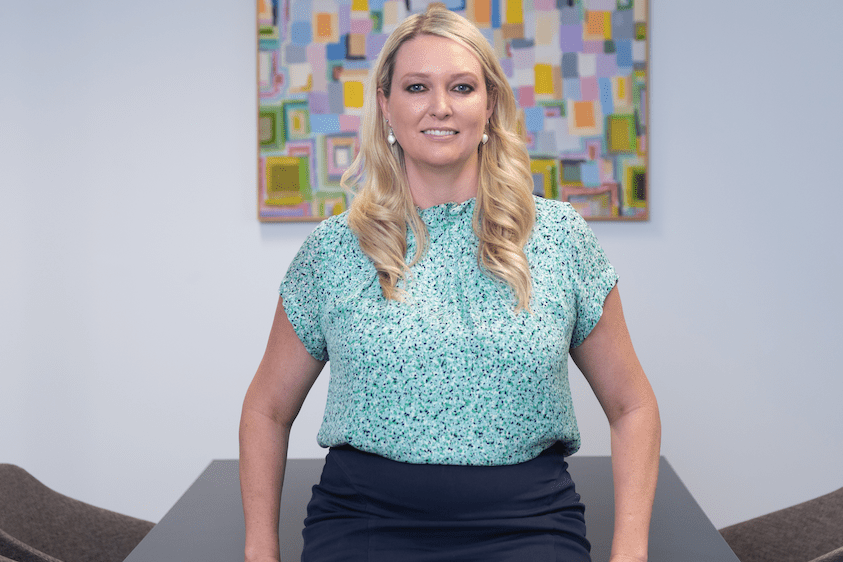
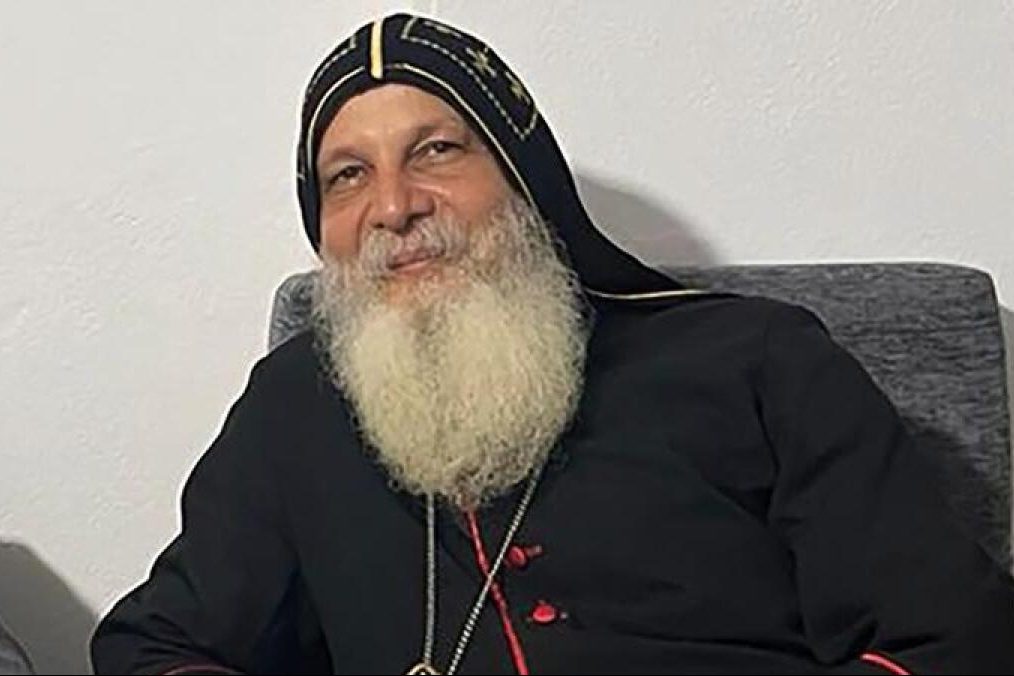


Leave a Reply